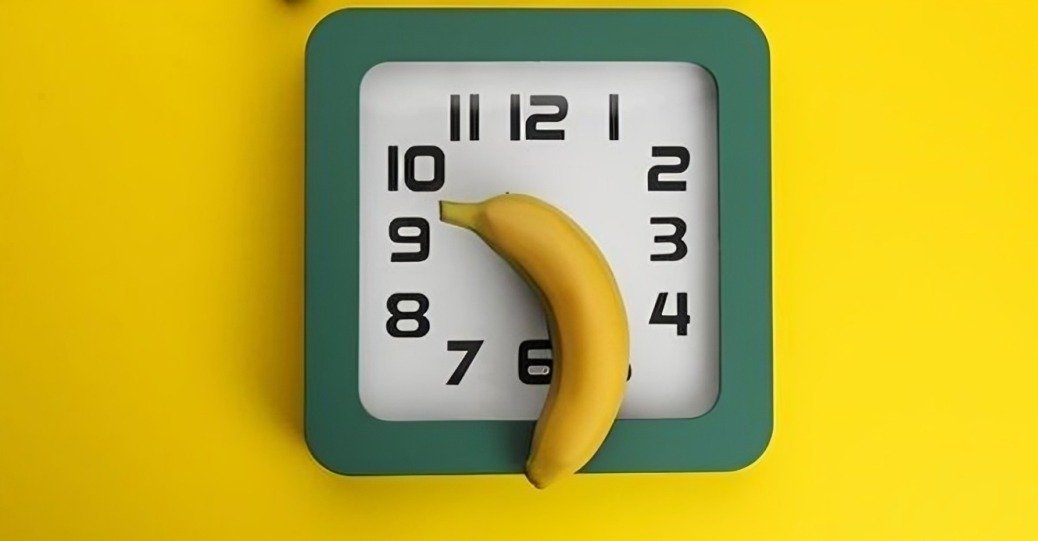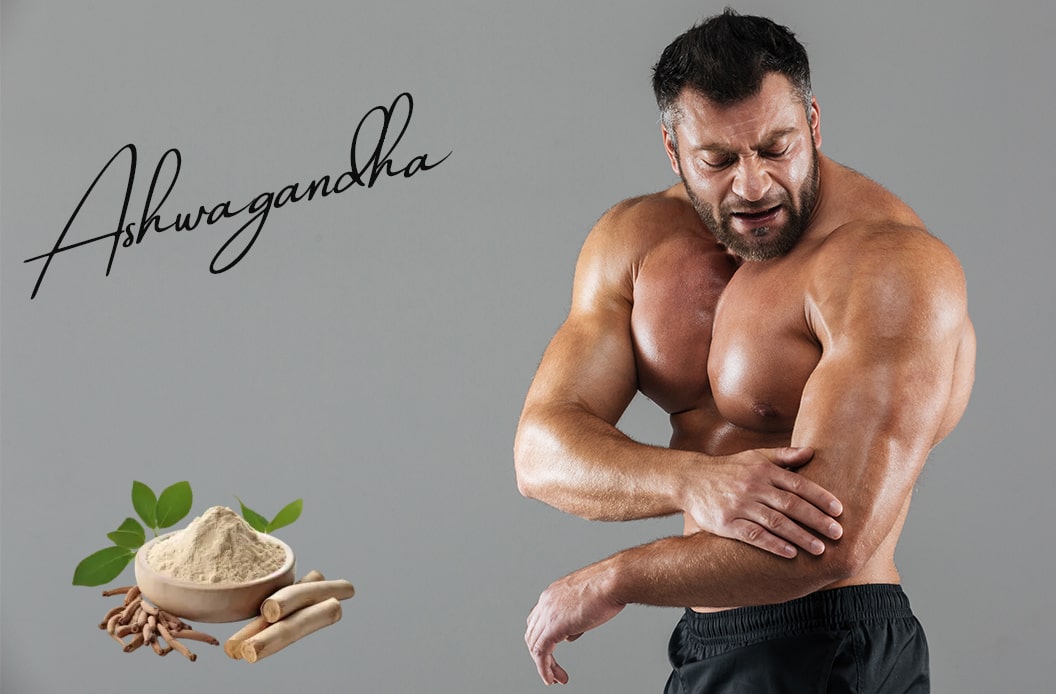Libido, synonymous with sex drive or sexual desire, is a general part of human sexuality that majorly influences relationships and overall well-being. It represents an individual’s inclination or urges for sexual activity, reflecting a complex interplay of physiological, psychological, and social factors.
Physiologically, libido is linked to hormonal balance. Testosterone, primarily linked with male sexual desire but is present in both genders, plays a crucial role in the human body, and estrogen and progesterone also contribute to sexual desire, primarily in women. These hormones do go up and down throughout life, influencing libido at different stages, such as puberty, pregnancy, and menopause.
Psychologically, libido is shaped by emotional and mental states. Factors like stress, anxiety, depression, and self-esteem profoundly impact sexual desire. Positive emotional connections and a sense of intimacy can enhance libido, whereas unresolved conflicts or mental health issues may diminish it.
Socially, cultural norms, beliefs, and societal attitudes towards sex can either facilitate or inhibit sexual desire. Taboos, expectations, and interpersonal relationships within families and communities shape individual perceptions and expressions of libido.
Understanding libido recognises its variations across individuals and life stages. There are multiple psychological and physical aspects that may affect the sexual drive or libido, and the following article will discuss the same.
Factors Influencing Libido
Several factors contribute to affecting an individual’s libido:
Hormonal Influence
Hormones such as testosterone, estrogen, and progesterone play vital roles in regulating libido. Testosterone, primarily known as a dominant male hormone, also affects female libido. During multiple stages of life, hormonal changes can significantly impact sexual desire, such as during puberty, pregnancy, and menopause.
Psychological Factors
Mental aspects such as stress, anxiety, depression, and relationship dynamics profoundly influence libido. Emotional well-being, self-esteem, and past experiences also play crucial roles in shaping sexual desire.
Social and Cultural Factors
Cultural norms, beliefs, and societal attitudes towards sex can affect how individuals think and express their libido. For instance, societal taboos or expectations may either enhance or suppress sexual desire.
Changes in the libido of men and women
In women, hormonal changes during perimenopause and menopause, usually observed at about women’s libido after 40, lead to a decrease in libido due to reduced oestrogen levels. However, libido varies widely among individuals, and factors beyond hormonal changes, such as relationship quality and personal health, also influence sexual desire. To maintain optimum levels of libido, one can also resort to supplementation, for trusted and tested supplementation, where you can find multiple tried and tested supplements that effectively increase libido in your body.
Men’s Libido
Similarly, men may experience changes in libido as they age, often influenced by testosterone levels. However, ageing alone does not universally decrease libido, and lifestyle factors like diet, exercise, and overall health play an important role in maintaining sexual desire.
How to Control Libido?
Healthy Lifestyle Choices
Developing a healthy lifestyle, including regular exercise, a balanced diet, and adequate sleep, can positively impact libido. Exercise, in particular, promotes circulation and releases endorphins, enhancing overall well-being and potentially increasing sexual desire.
Communication and Relationship Dynamics
Communication between couples about sexual desires and needs fosters intimacy and can positively influence libido. Building emotional connections and addressing any underlying relationship issues can also enhance sexual satisfaction.
Medical and Psychological Support
In cases where low libido significantly affects quality of life, consulting professionals, such as doctors or therapists specialising in sexual health, can provide guidance and support. Medical conditions like hormonal imbalances or mental issues may require specific treatments.
Conclusion
Libido, often known as sex drive or sexual desire, represents a multifaceted component of human sexuality that deeply impacts relationships and overall emotional health. Physiologically, it is governed by a delicate balance of multiple hormones like testosterone, estrogen, and progesterone, which fluctuate across different life stages—puberty, adulthood, pregnancy, and menopause, significantly influencing sexual desire. These hormonal shifts can either heighten or diminish libido, highlighting the dynamic nature of sexual arousal throughout one’s lifespan.
Psychologically, libido is integrated into emotions and mental well-being. Factors like stress, anxiety, depression, and self-esteem directly affect sexual desire. Positive mental health and emotional intimacy within relationships often relate to increased libido, whereas unsolved psychological issues or relationship conflicts may decrease it.
Socially, libido is shaped by cultural norms, society’s attitudes towards sex, and personal experiences. Cultural expectations, family beliefs, and societal pressure can shape individuals’ thinking and expressions of sexual desire. Understanding these social influences is crucial in understanding the diverse types of sexual experiences and desires among individuals.
Achieving and maintaining a healthy libido involves the right approaches that integrate biological, psychological, and social dimensions of human sexuality. This includes promoting overall health through balanced nutrition, regular exercise, and proper rest, which can positively impact hormonal balance and overall well-being. Additionally, having open communication within relationships about sexual needs and desires promotes intimacy and improves sexual satisfaction.
Libido mere biological factor as it holds a dynamic approach of physiological, psychological, and social impacts that require understanding and nourishment to achieve optimal sexual well-being and enhance the quality of life.
FAQs
What is Libido?
Ans. Libido refers to a person’s sexual drive or desire for sexual activity, influenced by biological, psychological, and social factors.
What causes high libido?
Ans. High libido can stem from hormonal factors like elevated testosterone levels, psychological factors such as positive emotional well-being, or social factors including supportive relationships.
Do girls feel libido?
Ans. Yes, girls and women experience libido. It varies widely among individuals and can be influenced by hormonal changes, emotional state, and relationship dynamics.
Is libido present in females?
Ans. Yes, libido is present in females as well as males. It reflects an individual’s natural inclination or urge for sexual activity, influenced by hormones and other factors.
At what age does female libido peak?
Female libido typically peaks in their 30s and early 40s, influenced by hormonal balance and life experiences. However, this varies greatly among individuals.











